Zimbabwe
Residents of Mudzi, localed some 230 kilometres in the northeast of the Zimbabwean capital, Harare say access to basic food is their biggest challenge.
Their plight has been compounded over severe drought in Southern Africa, coupled with poor farming season.
“The life we are living is very tough, there is too much hunger. On top of that, my husband is crippled”, a local resident, Mavis Pawandira said.
Queen Muperuka was elated to have received some food.
“Today I am so happy to receive food. In recent days we have been going to bed with empty stomachs”, she said.
The UN’s World Food Programme has been providing food aid to inhabitants here. It is supporting some 500,000 people throughout Zimbabwe with food until April, when it’s hoped villagers will have harvested their crop.
“Zimbabwean people are facing a real crisis when its comes to food security, particularly here in Mudzi district where we are today. It’s a very dry area”, the WFP’s
Claire Neville said.
Leah Tsigah, 90, is among 1,000 people of all ages who receive food rations in Mudzi.
“I approached one of my neighbours who felt pity for me and gave me a bowl of mealie-meal and some sugar for the porridge. My sons went to Harare to look for jobs. They have nothing. So it’s just me and my cat”, the 90-year old said.
Zimbabwe has now become one of the world’s least food-secure countries, the World Food Programme said. The UN says more than half of its 15 million people are in need of food aid.
AP



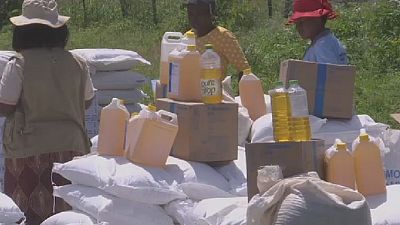


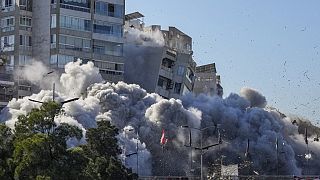
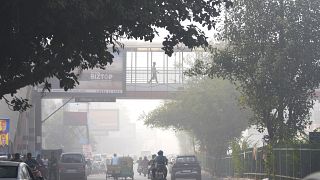
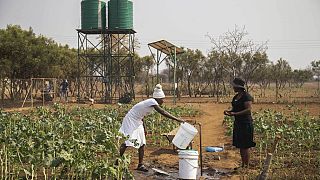
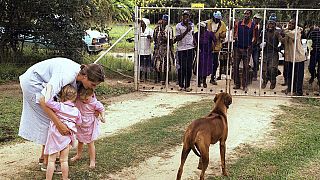
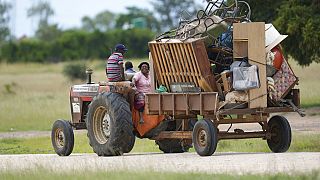
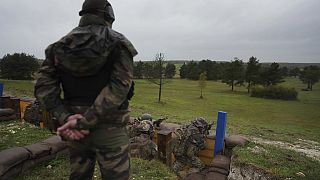
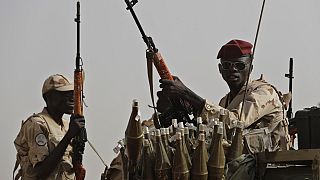
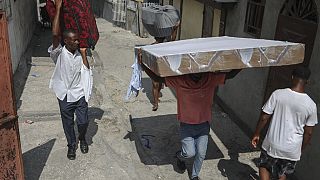
11:05
New era of sovereignty in Mali's gold sector [Business Africa]
01:37
UN agricultural fund calls for adaptation financing for small-scale farmers
01:40
Gaza Strip faces famine risks despite declining hunger levels
Go to video
IOC sets election timetable to succeed Thomas Bach
11:05
Ethiopia: Electromobility, turning point or illusion? [Business Africa]
02:29
Zimbabwe's baobab trees offer lifeline to rural communities devastated by climate change